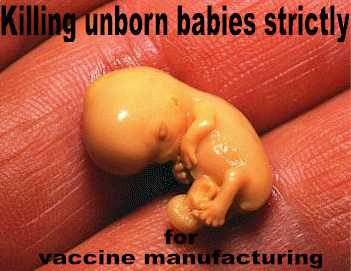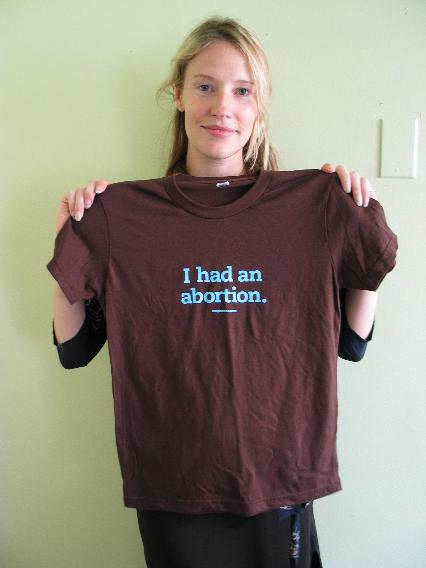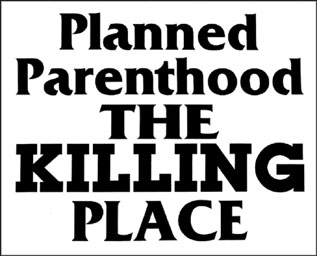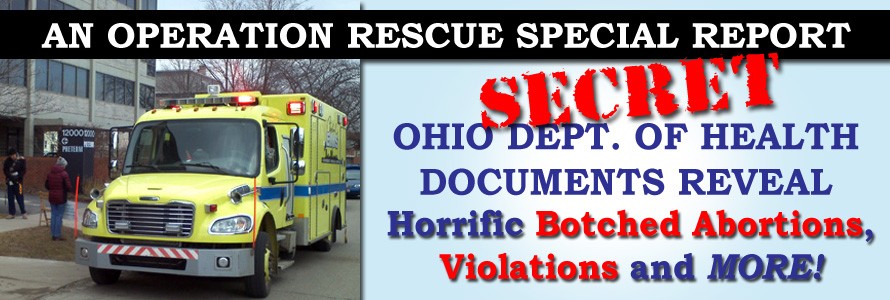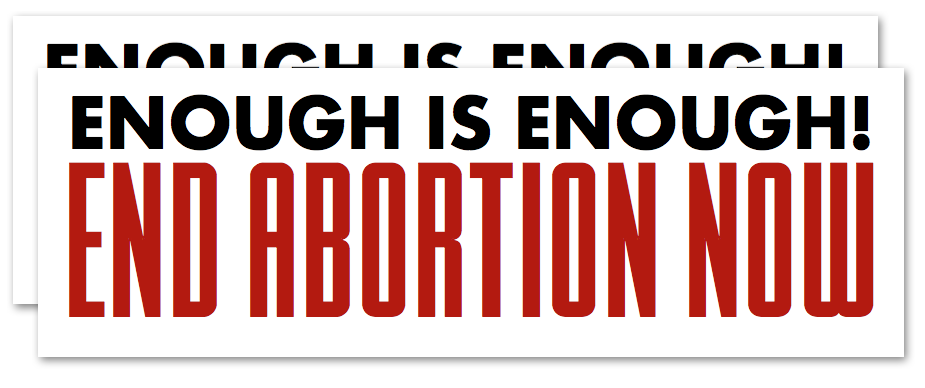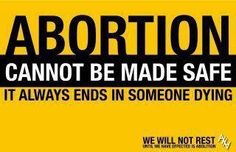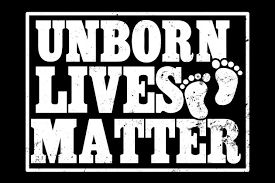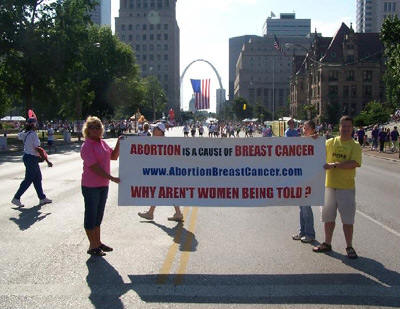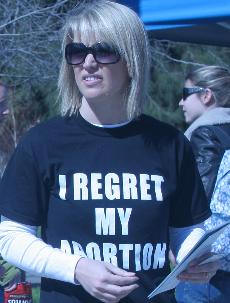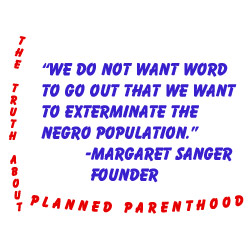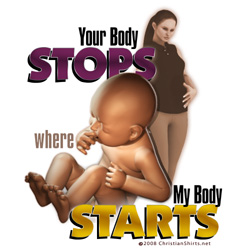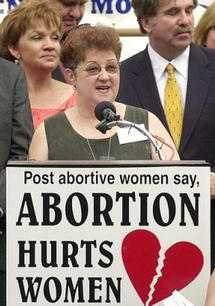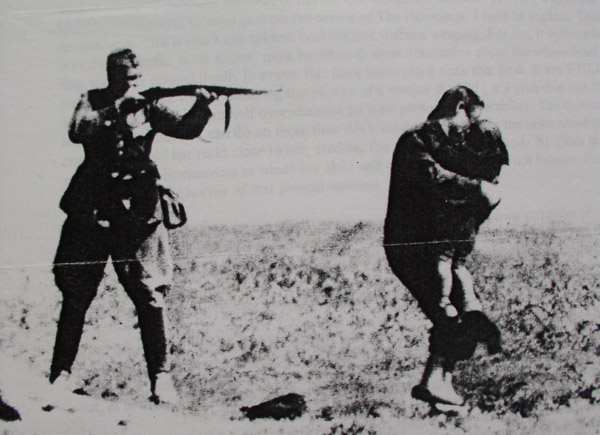Every
year one in three pregnancies worldwide ends in an abortion. A total of 40
million abortions are performed each year, which means that since 1980 one
billion children have not been allowed to be born. Contemplating Baby Jesus
in the crib one may wonder whether the fact that there are 6.5 billion of us
today instead of 7.5 billion is a human achievement or not. Some think it
is, some think it is not. But why do those who consider universal legalised
abortion to be a sign of progress want to force those who regard abortion as
a crime to be a part of it?
A European Union
advisory panel has
issued a statement saying that medical professionals are not allowed to
refuse to participate in abortions. According to the EU
Network of Independent Experts on Fundamental Rights doctors should be
forced to perform abortions, even if they have conscientious objections,
because the right to abort a child is an “international human right.”
The Network, which
consists of one expert per EU member state, assists the European Commission
and the European Parliament in developing EU policy on fundamental rights.
The Network wrote a 40-page opinion stressing that the right to
conscientious objection is not “unlimited.” The opinion was given in
connection with a proposed treaty between the Vatican and Slovakia. This
treaty includes a guarantee that Catholic hospitals in Slovakia will not be
legally obliged to “perform artificial abortions, artificial or assisted
fertilizations, experiments with or handling of human organs, human embryos
or human sex cells, euthanasia, cloning, sterilizations, [and] acts
connected with contraception.”
The Network states
that agreements which guarantee Catholic doctors and nurses a right not to
be involved in abortions violate EU law. Leftist groups
have complained that
some new EU members – namely Lithuania, Poland and Slovakia – are so
overwhelmingly Catholic that far too few doctors are willing to perform
abortions. This makes it hard for women who want an abortion to find a
doctor who has no conscientious objection. In such cases, the EU experts
say, doctors should be forced to abort:
“Indeed, the right to religious
conscientious objection may conflict with other rights, also recognized
under international law. In such circumstances, an adequate balance must
be struck between these conflicting requirements, which may not lead to
one right being sacrificed to another.”
The experts declare
that the right to religious conscientious objection
“should be
regulated in order to ensure that, in circumstances where abortion is
legal, no woman shall be deprived from having effective access to the
medical service of abortion. In the view of the Network, this implies that
the State concerned must ensure, first, that an effective remedy should be
open to challenge any refusal to provide abortion; second, that an
obligation will be imposed on the health care practitioner exercising his
or her right to religious conscientious objection to refer the woman
seeking abortion to another qualified health care practitioner who will
agree to perform the abortion; third, that another qualified health care
practitioner will be indeed available, including in rural areas or in
areas which are geographically remote from the centre.”
Recently there was
a row about a
display in the building of the European Parliament in Brussels of a
poster comparing abortion
with the holocaust. The poster was part of an exhibition organised by
Members of the European Parliament belonging to the League of Polish
Families. When leftist MEPs tried to rip the posters down
a tussle
broke out between MEPs. A group of 500 self-proclaimed “women’s rights
and human rights leaders” subsequently
wrote a letter to Joseph Borrell-Fontelles, the president of the
Parliament, to express their “outrage”.
Apart from the right
of a woman to an abortion, which according to the EU’s “experts on
fundamental rights” overrules the right of medical professionals to
conscientious objections, some argue that there is also the right of the
unborn child to live. People who think so are looked upon as “rightwing
loonies” by self-styled sophisticated secularists. The latter claim that the
unborn have no rights at all. The EU experts clearly belong to this group.
This explains why, in their search for an “adequate balance to be struck
between conflicting requirements, which may not lead to one right being
sacrificed to another,” they consider the rights of women and doctors,
but do not mention the rights of unborn children. On Christmas Eve this may
deserve some contemplation.
Do EU experts wish
each other a Merry Christmas?




